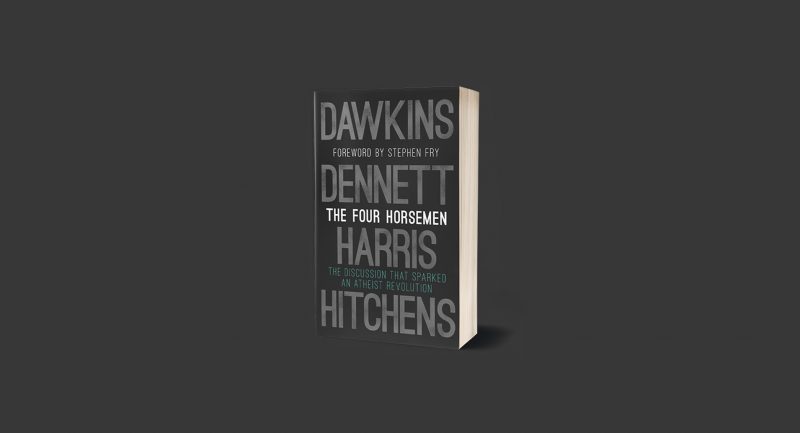
Atul Jalan’s book Where Will Man Take Us? gives insights into the effects that technology has on the current world. Exploring the advances in nanotechnology, artificial intelligence, quantum computing and genetics, the book also gives an incredible outlook on the future while also mapping pertinent questions of changes brought about in us – as a society and as a species, as a consequence. It also gives an intriguing perspective on how the technology today is rapidly altering the dynamics of human love, morality and ethics and wonders what’s in store for humankind in the next generation.
Here we give you a snippet of the new age man, as thought by Atul Jalan in this book:
- With the advent of Artificial Intelligence making our lives easier for us, the day is not far when AI would be so sophisticated that it would be able to run its own varied functions.
“We will, at some point soon, come to a stage where AI will become capable of recursive self-improvement”
- In the wake of swift technological developments and an abundance of machines dominating our lives, there could be a possibility of humans passing from the current forms into a higher form, as noted by William Reade. Further explaining this, Reade calls this theory the second act, as our present time is understood to be only a transitional phase from a human to a post-human era, which would be controlled by machines.
“Cosmologists believe that this future, this second act, could extend into billions of years. Machines might not need this planet and its atmosphere to survive and might be able to explore space extensively, as humans never could”
- The book lists a series of possibilities that could occur once the ASI (Artificial Super Intelligence) period comes into being. One of the most interesting outcomes of it would be the creation of a particular kind of technology which would result in distilling our consciousness through neural engineering and passing it on to a computer, thereby reinventing the concept of life after death!
“We might also soon be able to clone our body and then live eternally by moving from clone to clone. Imagine your body is like a smartphone and your consciousness is on the cloud”
- Technology has come to have a strong influence on people in the modern world, just as religion has had for years. Atul Jalan explains that the indomitable search for knowledge and advancements in technology has come to express just how important these advancements will prove to be even in the future.
“Much as socialism took over by promising salvation through social justice and electricity, so, in the coming decades, new techno-religions will take over—promising salvation through algorithms and genetics”
- Nanotechnology has proved to be another important discovery in the recent years. Scientists are working on brain-computer interfaces which could be used to augment abilities in a human.
“The progress that is being made on brain-computer interfaces verges on science-fiction. This means that soon you will be able to operate the computer with thought, much the same way our thoughts control our speech, movements and feelings”
- One of the best break-through in the field of nanotechnology has been the invention of nanobots. When released in our blood streams, these can unclog our arteries, repair organ-damage, and scientists are even speculating that they might even be able to reverse the ageing process in human body!
“But what will really make you sit up is the fact that eventually, they could soon even restore our DNA to how it was when we were in our twenties. This can turn fragile senior citizens into healthy young individuals overnight. In short, the promise of eternal youth”
In this book, Atul Jalan tackles nanotechnology, artificial intelligence, quantum computing and genetics, seamlessly weaving the future of technology with the changing dynamics of human love, morality and ethics.









